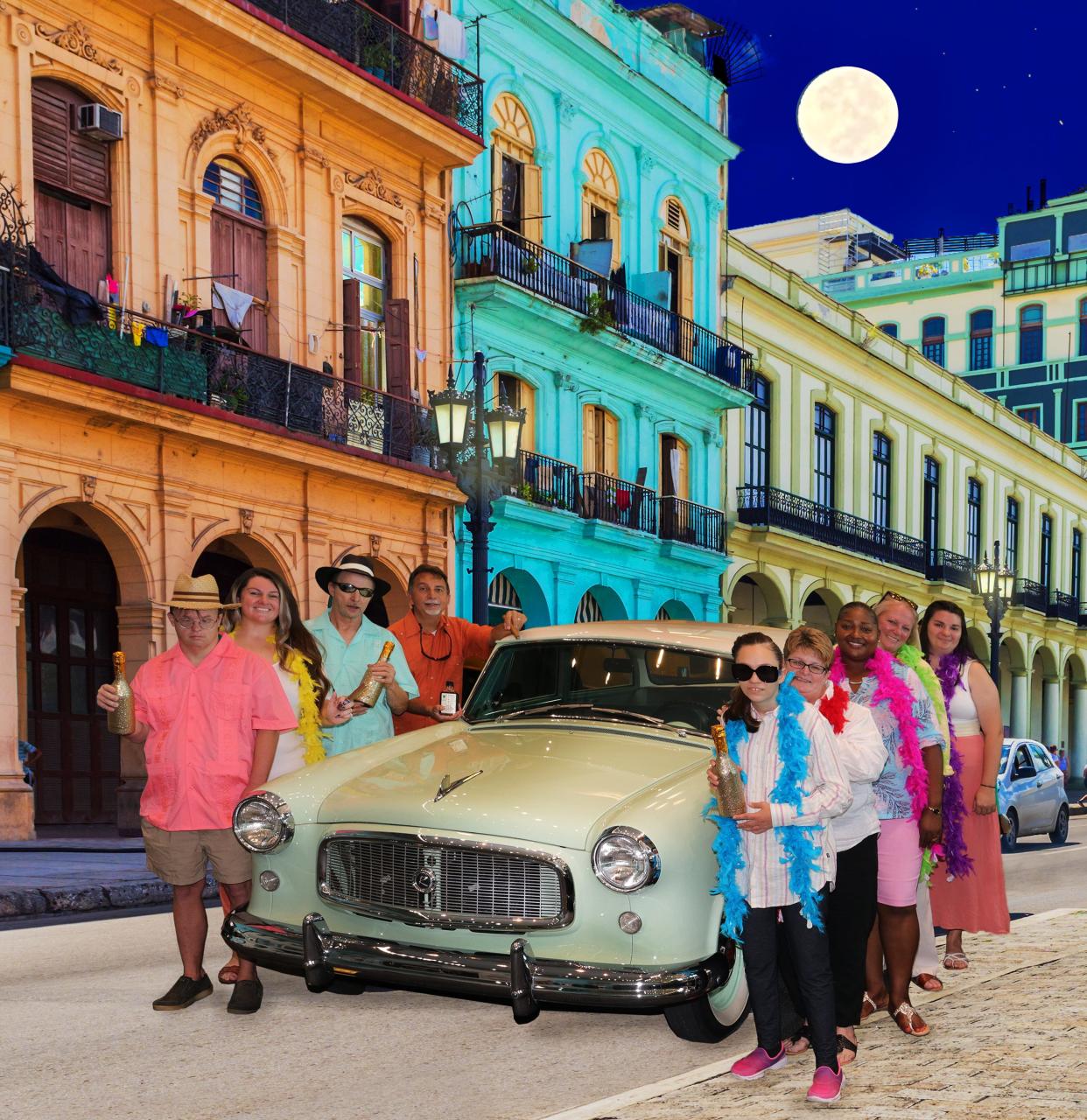Why Cuba doesn't deserve a lifting of U.S. embargo

- Oops!Something went wrong.Please try again later.
Llewellyn King’s Opinion column Jan. 9, “The fault is Cuba's system but our embargo just worsens the suffering”) trivializes conditions in Cuba by joking about shopping lines, running out of toilet paper, plentiful 1950s cars, “people picking over garbage,” pedal carts, surviving on a diet of rice and beans, and “taxi drivers and waiters making more money than doctors and engineers.” His column also misinforms your readership.
Mr. King errs when he says the embargo dates back to 1962. Actually, it was president Dwight D. Eisenhower who, on July 6, 1960, ordered that all purchases of Cuban sugar be suspended as a response to the June 29 expropriation of the Texas Oil Company, Shell and Esso Standard Oil refineries by the Castro regime, which was followed by the expropriation of the electric and telephone companies and American-owned sugar mills, on Aug. 6. Finally, on Oct.. 30, Washington prohibited all exporting to Cuba, except for food products and medicines.
In 2000 the Clinton Administration opened cash and carry trade with Cuba but without credits being available, with the passage of Trade Sanctions Reform and Export Enhancement Act of 2000 (TSRA), 22 U.S.C. §§ 7201-7211. Cuba continues to import food items and medicines until today. What Cuba still does not enjoy is credit from the U.S.: It is a cash-only trade relationship. As stated by scholar Carlos Alberto Montaner on July 15, 2021, “The United States has porous economic sanctions with a focus on cutting off funds to the military that controls most of the Cuban economy."
Mr. King states that sanctions have not worked. I hate to point out the not-so-obvious: U.S. sanctions have successfully protected American taxpayers from having to shell out billions of dollars to subsidize the Castro dictatorship. That is not the case with China, which in 2011 cancelled. i.e., forfeited collection, of Cuba’s $6 billion-dollar debt. The same is true with Mexico – some $375 million dollars cancelled in 2013; Spain, $1.7 billion dollars in 2015; Russia, $32 billion dollars in 2013.
,As published by Reuters.com Nov. 2, U.S. diplomat Paul Folmsbee said the embargo was aimed at promoting "human rights and fundamental liberties in Cuba" and that the U.S. “continues to be a significant source of humanitarian goods to the Cuban people and one of Cuba's main trading partners,” adding that in 2022, Cuba purchased $295 million worth of U.S. agricultural products.
The in extremis situation that Mr. King witnessed on his recent visit to Cuba is the result of a 60-year-old failed central economy. As scholar Montaner stated in 2021, the embargo: “does not restrict Cuban fishermen from fishing, or Cubans from doing business freely; does not confiscate farmers harvests or dismantle sugar mills, factories and canning enterprises….” Cuba’s crisis is the result of the internal blockade enforced by the Cuban government on the Cuban people.
Cuban American scholar Dr. Amalia Daché has said that “…lifting the embargo would not magically improve [Cuban’s] lives…. It’s important to know about the internal blockade the Cuban government imposes on its own people…. The Cuban government buys $100 million worth of chicken from the United States annually. It sells that chicken to the Cuban people… at double the cost, and uses the profit to fund the regime…”
Mr. King encourages his readers to visit Cuba, calling it “a treat for the eyes, the ears and the palate” in “private restaurants with a thriving food culture for those who can afford it.” Let’s make one thing clear: Cubans cannot afford such luxuries. Oddly enough, the crisis has been worsened by tourism. According to Azam Ahmed (The New York Times 12/8/2023): “Tourists are quite literally eating Cuba’s lunch. [Due] to poor planning by the island’s government, goods that Cubans have long relied on are going to well-heeled tourists and the hundreds of private restaurants that cater to them, leading to soaring prices and empty shelves.” Those are the same tourists that Mr. King encourages to travel to the charming island.
Ileana Fuentes is a consultant, feminist and author in Miami.
This article originally appeared on Palm Beach Post: Fuentes: Cuban regime hates freedom. Keep the U.S. embargo.

